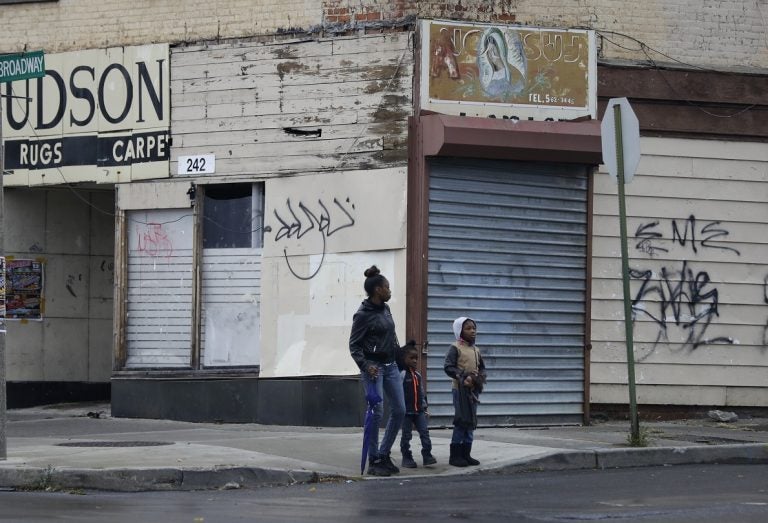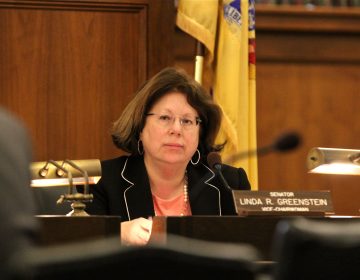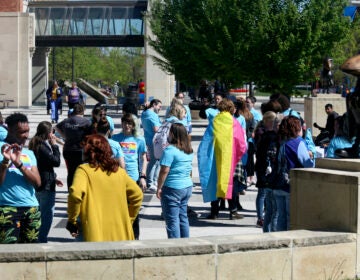Environmental racism / Mueller testimony
We talk about why environmental health hazards disproportionately affect communities of color and we get analysis of Robert Mueller's testimony before Congress.
Listen 49:04
In this Thursday, Nov. 3, 2016, photo, pedestrians in Newburgh, an upstate New York city already struggling with poverty and violent crime were told to have their blood tested for a toxic chemical because its water supply was found to have high levels of the cancer-linked chemical PFOS that was used for firefighting at the nearby military base. (AP Photo/Mike Groll)
Guests: Harriet Washington, Ron Elving
Air pollution, industrial waste, poor sanitation, and other environmental health hazards all disproportionately affect communities of color. Black, Latino, and Native American populations have greater exposure to lead paint, arsenic, and other heavy metals as well as pesticides and dangerous microbes. Science writer HARRIET WASHINGTON’S joins us to talk about her new book, A Terrible Thing to Waste: Environmental Racism and Its Assault on the American Mind, which examines why marginalized people have borne the brunt of these environmental hazards and the consequences to their brains, bodies and lives. But first, we review yesterday’s testimony by former Special Counsel Robert Mueller’s testimony before Congress and what we learned from NPR senior editor and correspondent, RON ELVING.
WHYY is your source for fact-based, in-depth journalism and information. As a nonprofit organization, we rely on financial support from readers like you. Please give today.





